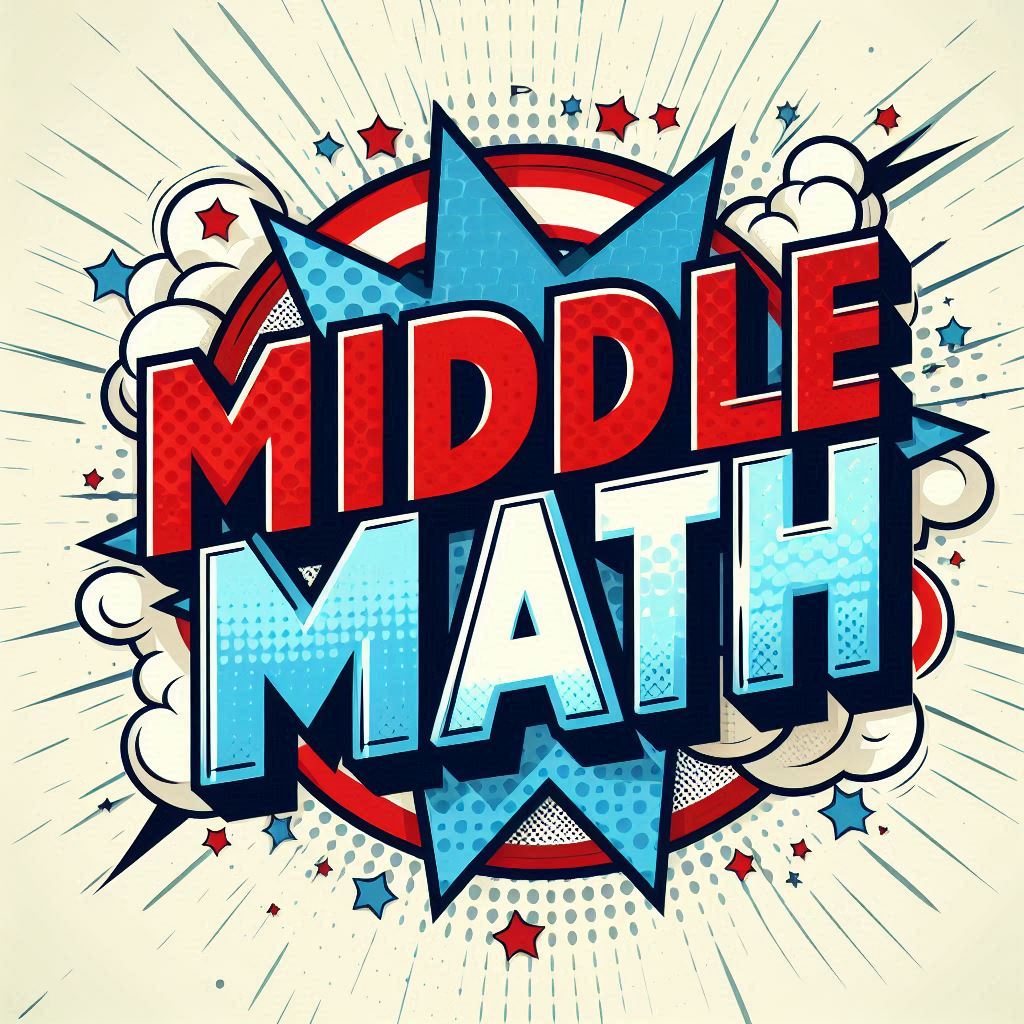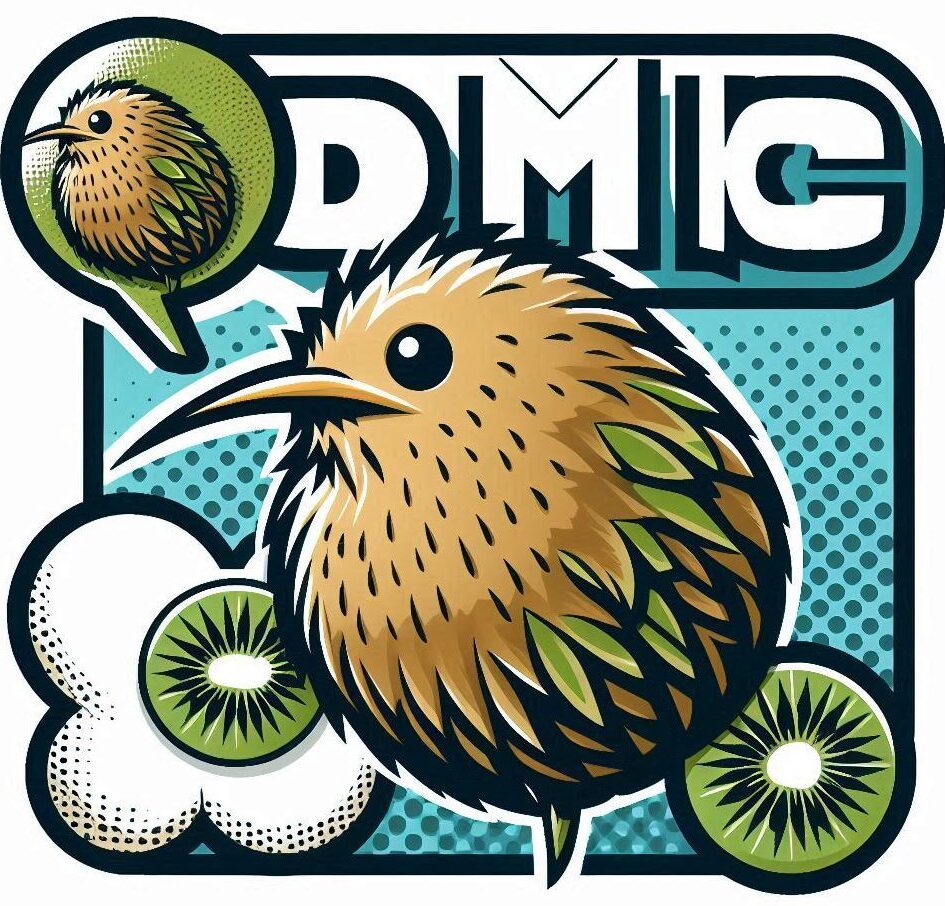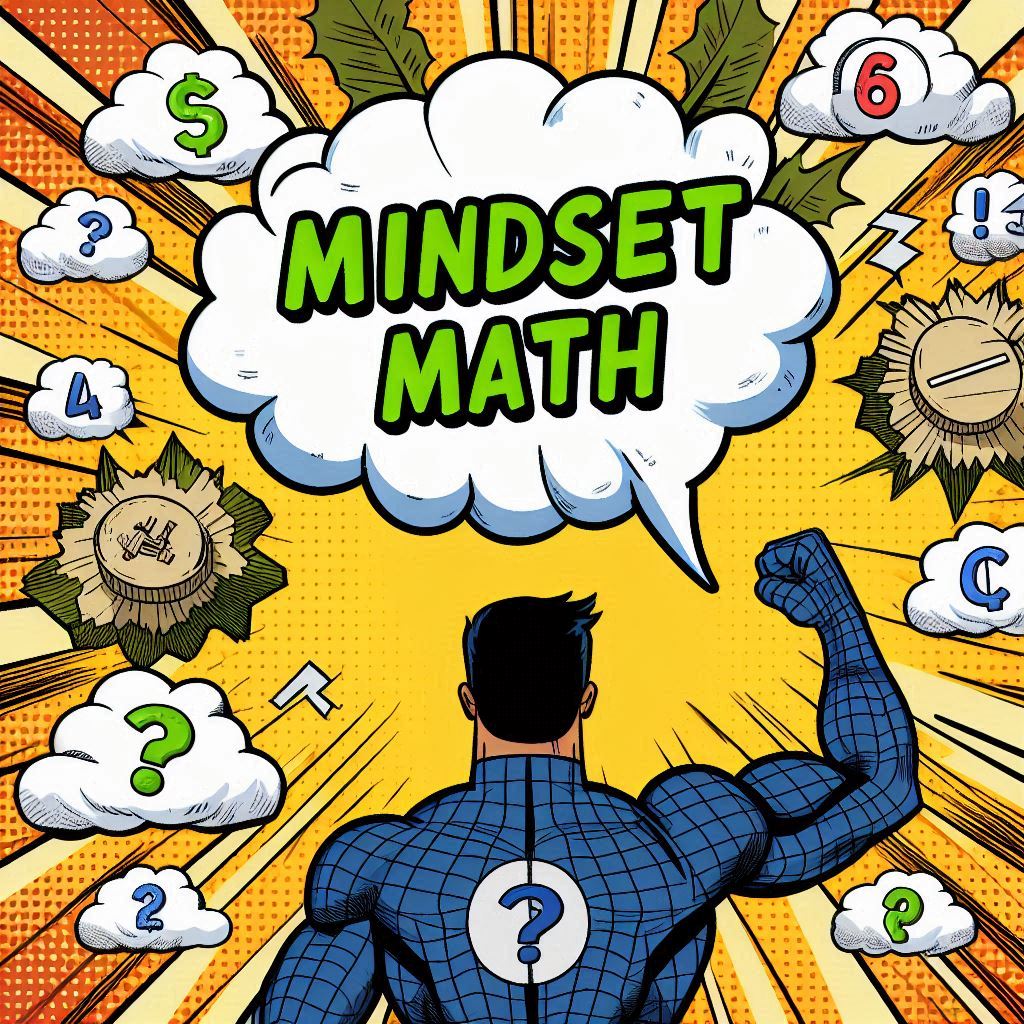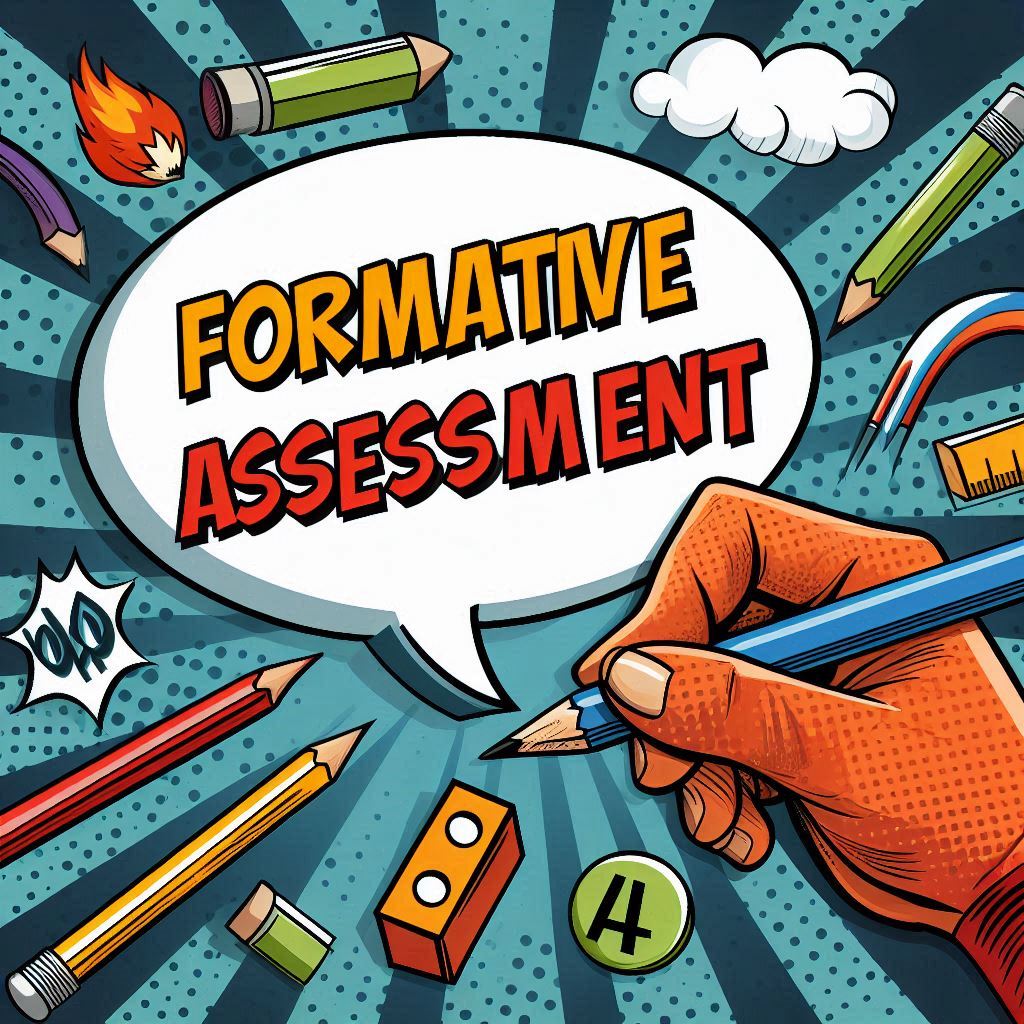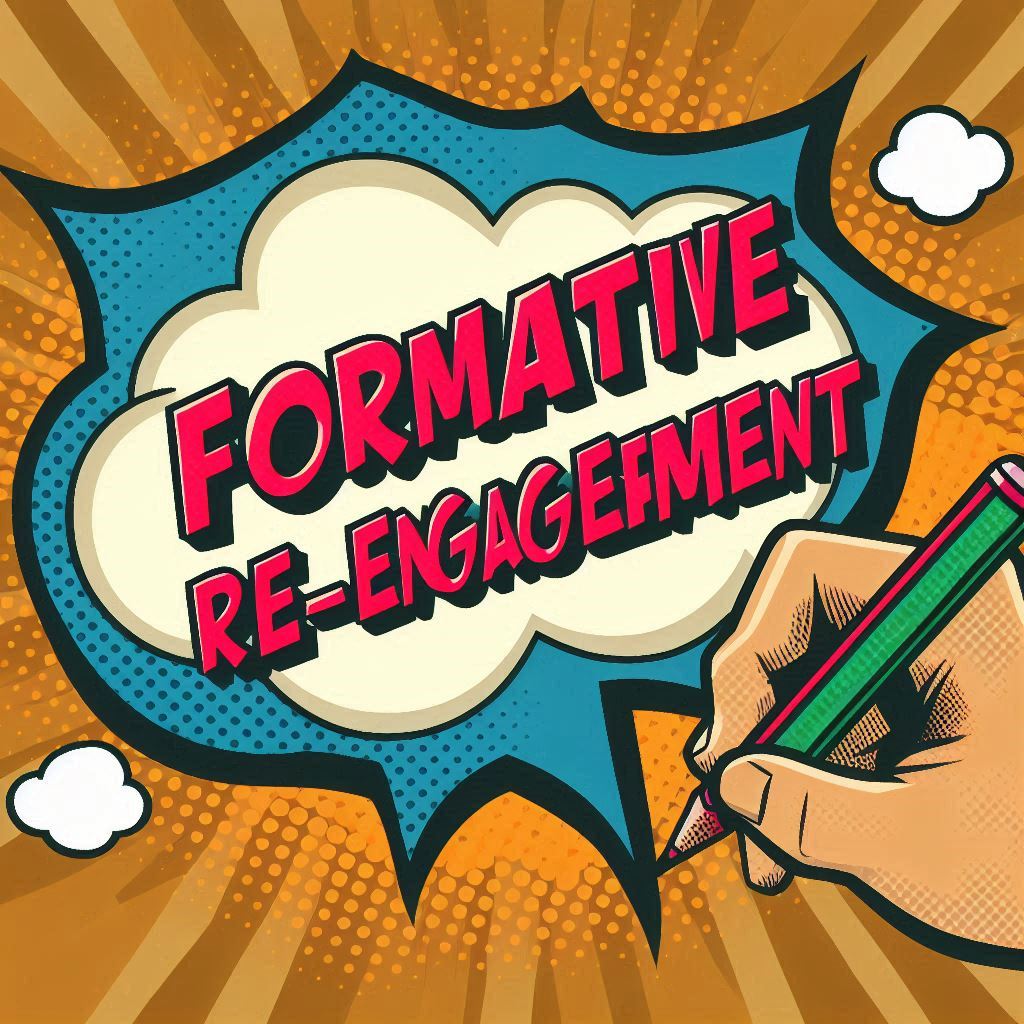Pedagogies

How do I teach?
Should my maths lessons be whole-class, or should I be providing small group instruction? Should I be planning for task based, collaborative, inquiry-style learning, or should I be breaking the learning down into small chunks, using explicit success criteria, direct instruction, and an “I do, we do, you do” lesson format? Is there still a place for worksheets and rote learning or should I be using a mix of rich tasks and games (e.g. online, board, card and dice games) to practice and embed instruction?
Current evidence suggests that, for teachers of students in the late primary years, the answer to each of these questions is “yes… and yes”. These should all be well used tools in a balanced kete (basket) of pedagogical practices.
New Zealand research suggests that effective Kiwi maths teachers actively promote a culture of discourse in their classrooms, in which students are expected to explain concepts, justify their arguments, and make generalisations about the mathematics they are engaged in. And yes, we must continue to avoid the temptation to group students by fixed ability; while it is useful to sometimes pull individuals with a common need together for guided instruction, it is not good practice to regularly group by perceived ability.
Check out these summaries – and demonstrations – of some of the evidence based pedagogies and practices guiding this website …
15 NZ videos demonstrating the Developing Mathematical Inquiry Communities (DMIC) Model. Take a look too, at the Mathematics Communication and Participation Framework developed by this group.
The Education Hub summarises the research on culturally responsive teaching practices for NZ teachers.
An outstanding collection of videos demonstrating best practice in the classroom (University of Texas)
New Zealand teachers can access a rich bank of formative assessment tasks from the Assessment Resource Banks. Click on the button above to find out how to make the most of this resource. (Links to curriculum and content aligned ARBs tasks have been provided throughout this site).
Formative re-engagement follows a cycle of instruction and formative assessment. It is not re-teaching, but involves helping all students to think about the content in new ways to address lingering misconceptions. These videos show what this can look like in the classroom. Inside Mathematics .
Talk Moves support rich classroom discussions across the curriculum, and should be used by both the teacher (when conversing with students) and students (when conversing with each other). This Edutopia video shows what these might look like in the classroom. A printout with sentence starters is provided.
This Education Hub article offers insight on what teachers should consider when designing mathematics programmes in primary school.
Peter Liljedahl has spent more than a decade researching what gets kids engaged and thinking in the maths classroom. This Edutopia article summarises some of his key findings.
